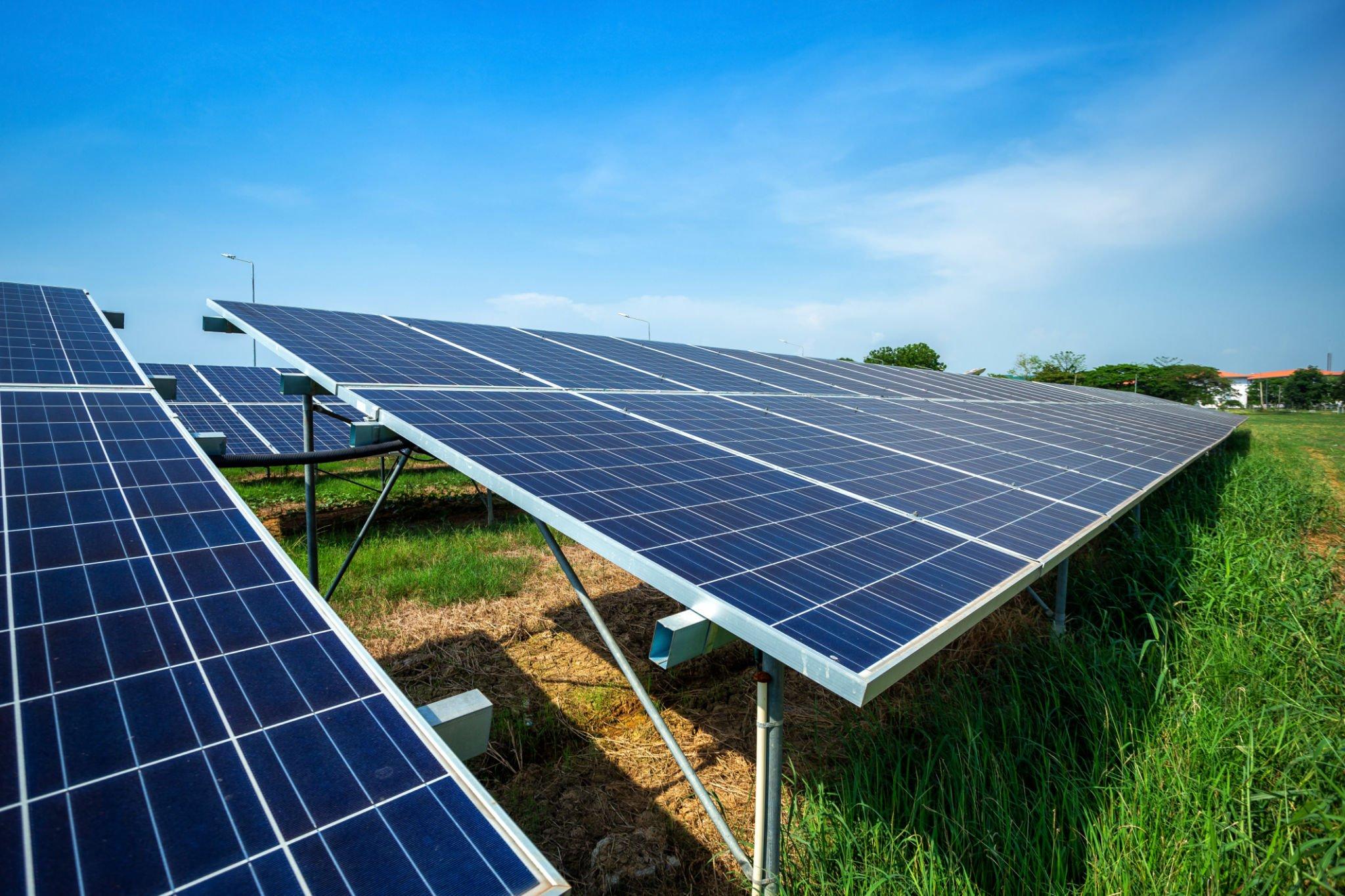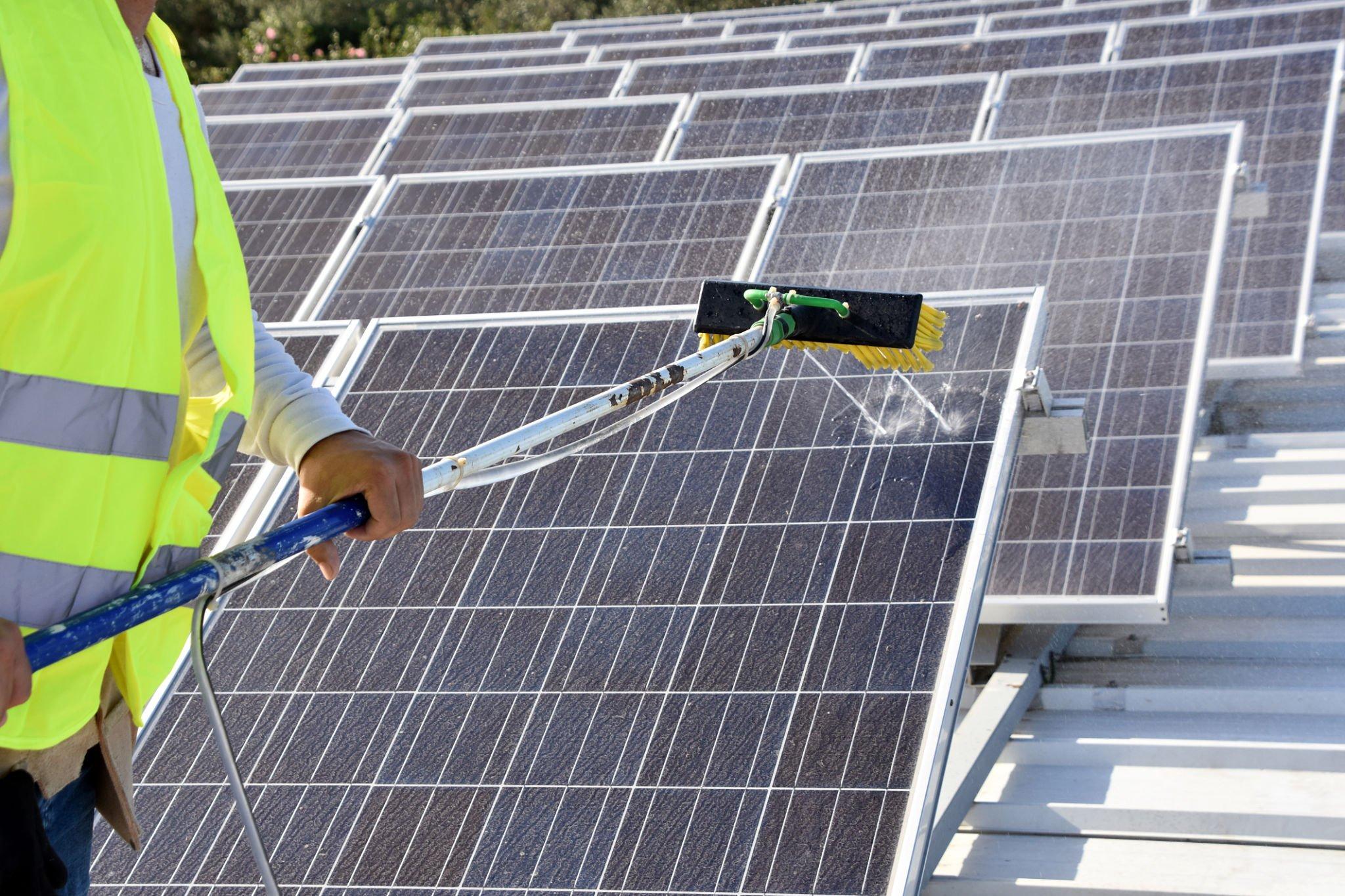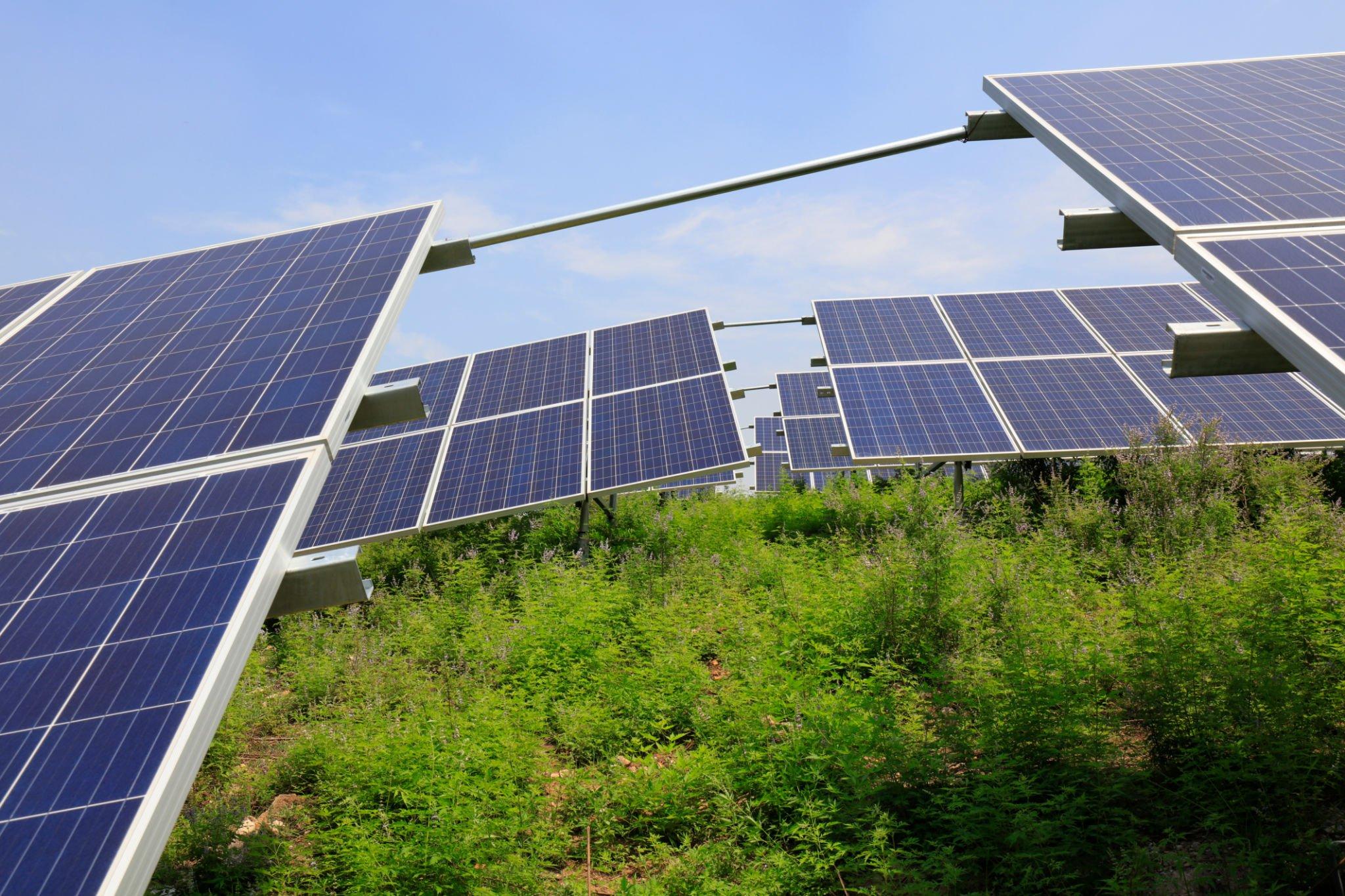
Do Solar Panels Need Direct Sunlight? Shedding Light on Solar Power Generation
Solar panels are designed to harness the energy from sunlight and convert it into electricity. But do solar panels require direct sunlight to operate effectively? Let’s shed some light on this topic and explore how solar panels perform under different lighting conditions:
Direct Sunlight and Optimal Performance: Solar panels indeed perform at their best when exposed to direct sunlight. Direct sunlight provides the highest intensity and the most abundant source of solar energy. When solar panels receive direct sunlight, they generate the maximum electricity output, maximizing their efficiency and power production.
Indirect Sunlight and Performance: While direct sunlight is ideal, solar panels can still generate electricity in indirect or diffused sunlight conditions. Indirect sunlight refers to sunlight that is scattered or reflected by clouds, haze, or other obstacles. Although the intensity of indirect sunlight is lower compared to direct sunlight, solar panels can still convert a significant amount of this diffused light into electricity.
Cloudy Days and Performance: Solar panels continue to generate electricity even on cloudy days. Although cloud cover reduces the amount of sunlight reaching the solar panels, they can still produce a meaningful amount of electricity. Modern solar panel technology is designed to capture and convert a wide spectrum of light wavelengths, including those present on cloudy days. While the energy output may be lower, solar panels remain functional and contribute to electricity generation.
Shade and its Impact: Shade can significantly impact the performance of solar panels. When a portion of a solar panel is shaded, it creates a partial shading effect, reducing the overall energy production of the entire panel. This is because shaded areas can create localized voltage drops, limiting the flow of current. Therefore, it is important to minimize shading on solar panels to maximize their efficiency and energy generation.
Tilt and Orientation Optimization: To optimize solar panel performance, proper tilt and orientation are essential. By tilting the solar panels at an angle that aligns with the geographical location’s latitude, they can capture the maximum amount of sunlight throughout the day. Additionally, orienting the panels towards the south (in the northern hemisphere) or north (in the southern hemisphere) further enhances their exposure to sunlight. This strategic positioning helps maximize solar energy absorption, compensating for variations in sunlight availability.
Storage and Backup Options: In situations where direct sunlight is limited or unavailable, solar panel systems can be complemented with energy storage solutions. Batteries allow for the storage of excess electricity generated during sunny periods for later use, ensuring a consistent power supply even during low-light or nighttime hours. Integrating energy storage systems provides energy independence and resilience, enabling solar panel owners to maximize their solar energy usage.
In conclusion, while solar panels perform optimally under direct sunlight, they can still generate electricity in indirect sunlight and cloudy conditions. However, shading should be minimized to avoid performance degradation. Proper tilt, orientation, and the option of energy storage enhance the overall efficiency and reliability of solar panel systems. Embracing solar energy allows us to tap into a sustainable and clean power source, reducing our carbon footprint and contributing to a greener future.
Other News
DATA PROTECTION
WEBSITE COOKIE POLICY
Protecting the privacy of visitors to the website operated by Fellow Energy at (www.fellowsolarenergy.com) is one of our organization’s fundamental principles. This Cookie Usage Policy (“Policy”) explains the types of cookies used and their conditions to all website visitors and users.
Cookies are small text files stored on your computer or mobile device by the websites you visit.
They are commonly used to provide you with a personalized experience while using a website, improve the services offered, and enhance your browsing experience. If you prefer not to use cookies, you can delete or block them through your browser settings. However, please note that this may affect your use of our website. Unless you change your cookie settings in your browser, we will assume that you have accepted the use of cookies on this site.
1. WHAT KIND OF DATA IS PROCESSED IN COOKIES?
Cookies on websites collect data related to your browsing and usage preferences on the device you use to visit the site, depending on the type. This data includes information about the pages you access, the services and products you review, your preferred language selection, and other preferences.
2. WHAT ARE COOKIES AND WHAT ARE THEIR PURPOSES?
Cookies are small text files stored on your device or server by websites you visit through browsers. These small text files, which include your preferred language and other settings, help remember your preferences for your next visit to the site and aid us in making improvements to our services to enhance your experience. This allows you to have a better and personalized user experience during your next visit.
The main purposes of using cookies on our website are listed below:
- To improve the functionality and performance of the website to enhance the services provided to you,
- To enhance the website and offer new features through the website, personalized according to your preferences;
- To ensure the legal and commercial security of the Website, you, and the Institution, and prevent fraudulent transactions through the Site;
- To fulfill legal and contractual obligations, including but not limited to those arising from the Law No. 5651 on the Regulation of Publications Made on the Internet and Combatting Crimes Committed through These Publications and the Regulation on the Procedures and Principles Regarding the Regulation of Publications Made on the Internet.
3. TYPES OF COOKIES USED ON OUR WEBSITE
3.1. Session Cookies
Session cookies ensure the proper functioning of the website during your visit. They are used for purposes such as ensuring the security and continuity of our sites and your visit. Session cookies are temporary cookies that are deleted when you close your browser, and they are not permanent.
3.2. Persistent Cookies
These cookies are used to remember your preferences and are stored on your device through browsers. Persistent cookies remain even after you close your browser or restart your computer. These cookies are stored in your browser’s subfolders until they are deleted from your browser settings.
Some types of persistent cookies can be used to offer personalized recommendations based on your purpose of using the Internet Site.
Persistent cookies allow us to determine if a cookie created by our Internet Site exists on your device when you visit our Internet Site again with the same device. If it exists, we understand that you have previously visited the site, and the content that will be delivered to you is determined accordingly, thus providing you with better service.
3.3. Necessary/Technical Cookies
These are essential cookies for the proper functioning of the visited website, ensuring necessary services by allowing access to secure sections of the website, using its features, and navigating through it.
3.4. Analytical Cookies
These cookies collect information about how the website is used, including the frequency and number of visits, and show how visitors arrive at the site. The purpose of using these cookies is to improve the functioning of the website, enhance performance, and determine general trends. They do not contain data that can identify visitors. For example, they may show the number of error messages displayed or the most visited pages.
3.5. Functional Cookies
These cookies remember the choices made by visitors within the site, ensuring convenience for the next visit. The purpose of these cookies is to provide ease of use for visitors. For instance, they prevent the need for the site user to re-enter their password on each page they visit.
3.6. Targeting/Advertising Cookies
They measure the effectiveness of the displayed advertisements and calculate how many times advertisements are viewed. These cookies aim to present personalized advertisements according to the interests of visitors.
Likewise, they identify specific interests in the navigation of visitors and present suitable content. For instance, they prevent the same ad from being shown to a visitor in a short period.
4. HOW TO MANAGE COOKIE PREFERENCES?
You can change your preferences regarding cookie usage, block or delete cookies by changing your browser settings.
Many browsers offer options to accept or reject cookies, accept only certain types of cookies, or receive a warning from the browser when a website requests to store cookies on your device.
Furthermore, it is possible to delete previously stored cookies from your browser.
If you disable or reject cookies, you may need to manually adjust certain preferences, and some features and services on the website may not function properly as we won’t be able to recognize and associate your account. You can change your browser settings by clicking on the relevant link from the table below.
5. EFFECTIVENESS OF THE WEBSITE PRIVACY POLICY
The Internet Site Privacy Policy is dated 15/08/2023. If the entire Policy or specific articles are renewed, the effective date of the Policy will be updated. The Privacy Policy is published on the Institution’s website (www.fellowsolarenergy.com) and is made accessible to the relevant individuals upon their request.



